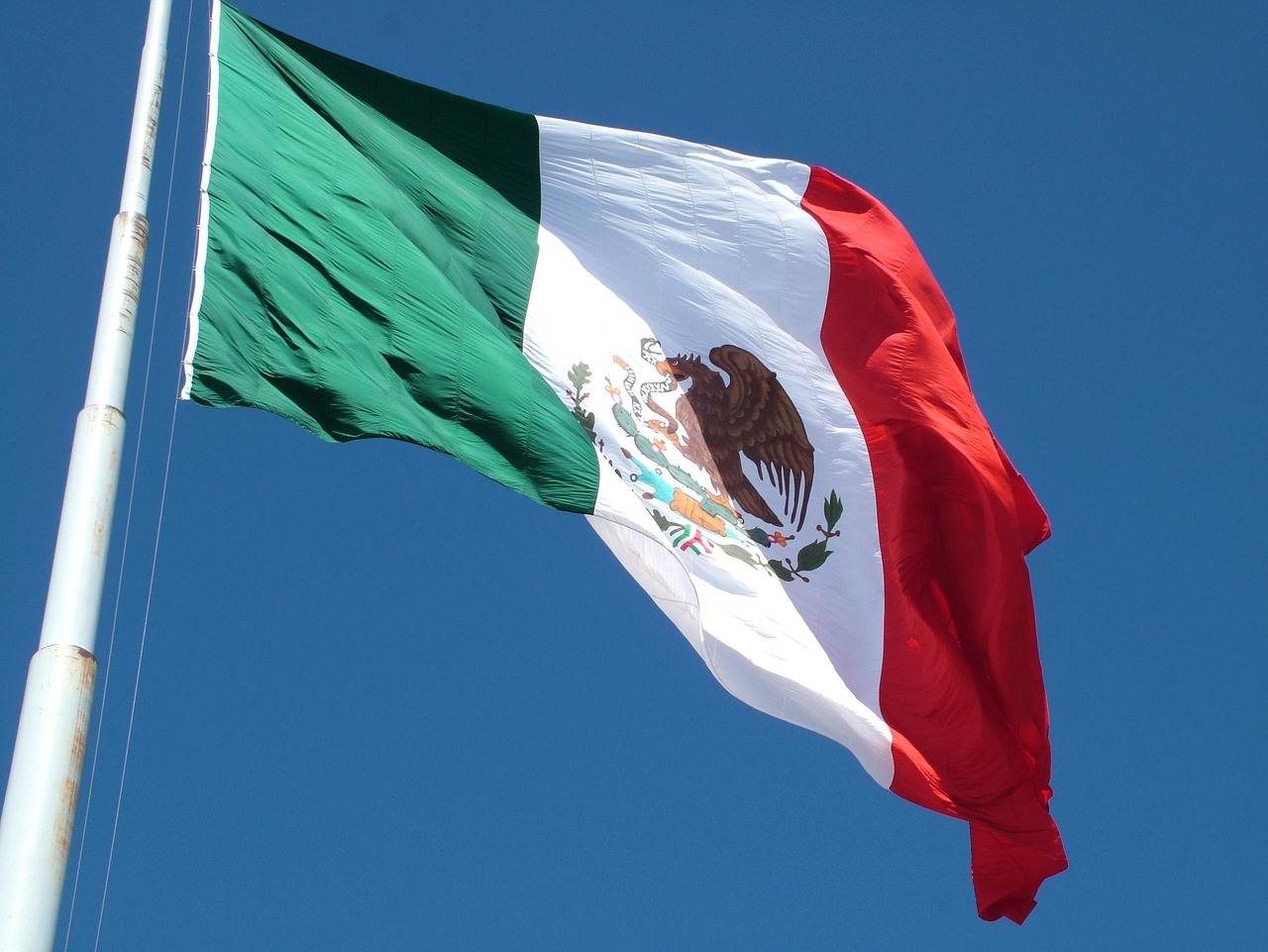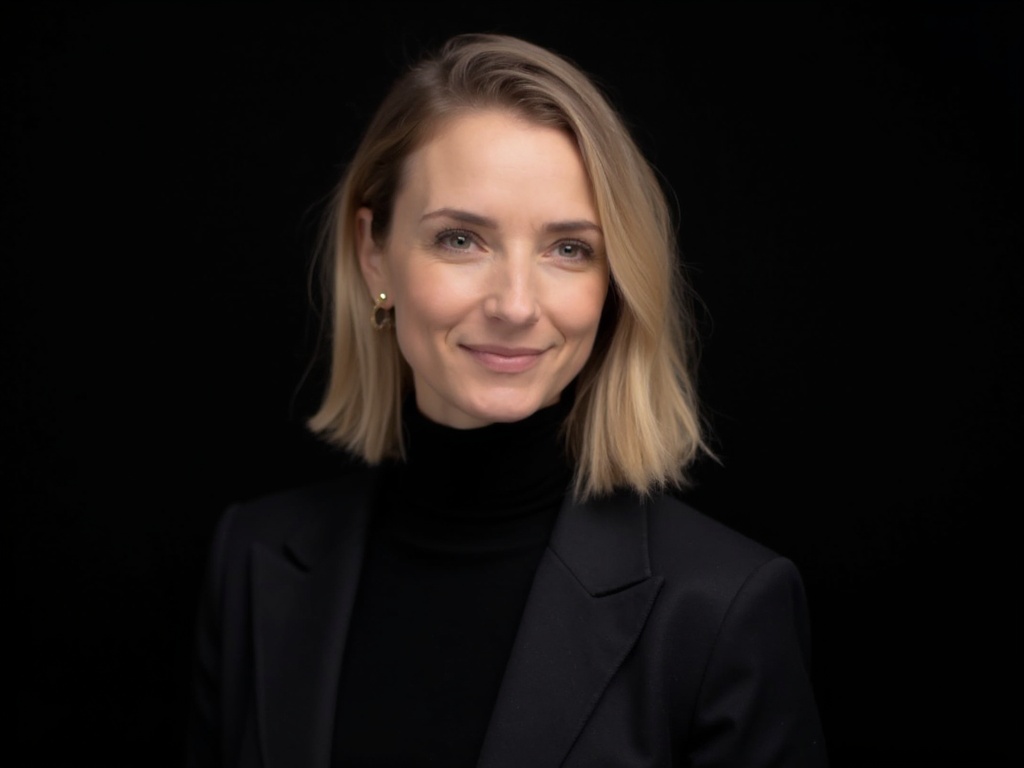The Climate Scientist Who Shattered Mexico’s Glass Ceiling

Claudia Sheinbaum Pardo became Mexico’s first woman president since 2024, but that’s only the beginning of her remarkable story. This 62-year-old environmental scientist didn’t just break barriers—she obliterated them with scientific precision. A scientist by profession, Sheinbaum received her Doctor of Philosophy in energy engineering from the National Autonomous University of Mexico (UNAM). She has co-authored over 100 articles and two books on energy, the environment, and sustainable development. What makes her truly underrated is how the world initially focused on her political connections rather than her scientific credentials. In June 2024, Claudia Sheinbaum won Mexico’s presidency with a historic margin, capturing the largest share of the vote since 1982. Since her inauguration on October 1, 2024, Sheinbaum has continued to command widespread support in her country. Her approval hovers over 75 percent in most polls.
The Quiet Revolutionary Who Built Britain’s Welfare State

Dubbed the “accidental prime minister”, Clement Attlee led the Labour party to victory after World War 2. An understated politician, and reportedly a very reserved man, his triumphs were overshadowed by the dominant personality of his predecessor, Winston Churchill. But here’s what the history books often miss: this soft-spoken man created the blueprint for modern welfare states worldwide. During his time as Prime Minister, Attlee introduced the ‘Welfare State’ which aimed to overcome five issues facing Britons — disease, want, squalor, ignorance, and idleness. Under his leadership, the Labour government did this by introducing the NHS; establishing financial assistance from the government for the unemployed or sick; building new towns to ease overcrowding. His quiet leadership style made him seem unremarkable, but Attlee changed the face of Britain in a post-war era and left his quiet, but significant mark on his country — the impact of which we all benefit from today.
The Woman Who Revolutionized Global Banking Without Fanfare

Ana Botín is the Executive Chairman of the Santander Group, a global banking powerhouse, and the first woman to lead a major global bank. While tech CEOs grab headlines, Botín quietly transformed an entire industry. Under her leadership, Santander has become a dominant force in the digital banking arena, with its digital banking business experiencing a remarkable 20% growth in 2023 and comprising over 50% of the group’s customer base. Her sustainable banking initiatives don’t make flashy news, but they’re reshaping finance globally. She has steered Santander towards sustainability through the launch of the ambitious “Santander Way 2025” initiative, focusing on carbon emissions reduction, renewable energy adoption, and financial inclusion promotion. In a male-dominated industry where loud personalities often dominate, Botín’s methodical approach proves that substance trumps spectacle every time.
The Soviet Officer Who Prevented Nuclear War

You’ve never heard of Stanislav Petrov, but you’re alive because of him. A retired Soviet colonel, Stanislav was the officer on duty when the Soviet early warning system registered that 7 missiles had been launched from the US. On that day (September 26, 1983) Stanislav had full authority to launch an all-out counterstrike. Instead, he refrained because he believed the system was malfunctioning (it was). His reasoning was beautifully simple yet profound. His reasoning was that if the US really was launching a strike it would most likely be all out, the system was new, and ground radar failed to corroborate the readings. He singlehandedly prevented a nuclear war. This wasn’t a politician or general making headlines—just a duty officer trusting his instincts over technology. Sometimes the most important decisions happen in the shadows, made by people whose names history almost forgets.
The Apple CEO Who Quietly Outperformed a Legend

When Steve Jobs died in 2011, many predicted Apple’s doom under Tim Cook’s leadership. Even so, the business world was worried about the future of the tech giant when Jobs passed away from cancer in 2011. Yet since his death, Apple has flourished. And that is down to the new CEO, Tim Cook, who took over the running of the business when Jobs resigned due to illness. Cook’s understated leadership style couldn’t be more different from his predecessor’s theatrical approach. While Jobs was known for his dramatic presentations, Cook focused on operational excellence and social responsibility. Cook’s resilient leadership has made him a role model for aspiring leaders worldwide. As the CEO of Apple, the most valuable company in the world, he demonstrated unprecedented adaptability and innovation. Under his quiet stewardship, Apple became the world’s first trillion-dollar company, proving that steady hands can achieve what charismatic personalities cannot.
The German Industrial Architect Who Reshaped Europe

Dr. Martina Merz served as the chief executive officer of ThyssenKrupp from 2019 to 2023 and has been called “the most powerful woman in the German economy.” But calling her powerful undersells her true impact. Under her stewardship, ThyssenKrupp experienced a series of monumental achievements, including the sale of its elevator business for a staggering €17.2 billion, a strategic move that not only allowed the company to refocus its efforts on other key areas but also significantly reduced its debt burden. She also orchestrated the sale of the elevator business, the largest industrial transaction in Europe in 2023. Her strategic decisions didn’t just save a company—they reshaped European industry. As the separation of the steel business nears completion in 2024, Martina Merz’s legacy as a transformational leader in the German economy remains unmatched. In a continent still grappling with industrial transformation, Merz showed how to navigate massive change without losing your corporate soul.
The Doctor Who Saved Millions by Tracking Cholera

John Snow didn’t just fight mythical ice zombies—the real John Snow fought something far more dangerous: disease ignorance. An English physician, he was a leader in the adoption of anesthesia and medical hygiene. He is also considered the father of epidemiology and advocated strongly for better waste management in London following a cholera outbreak. His ideas spread around the world, vastly improving public health, and possibly saving millions of lives. What makes Snow’s story so compelling is how he used data to challenge established medical beliefs. When everyone believed cholera spread through “bad air,” Snow meticulously mapped disease cases and traced them to contaminated water sources. His methodical approach to public health investigation became the foundation for modern epidemiology. Think about every pandemic response, every disease outbreak investigation—they all trace back to one doctor’s refusal to accept conventional wisdom without evidence.
The Security Expert Who Planned for the Unthinkable

Rick Rescorla’s name should be as famous as any war hero, but his greatest battle was fought in a corporate office tower. A retired US military officer who was working security at the World Trade Center, he anticipated the attacks and implemented escape plans. Many people survived because of his plans but Rick himself died while helping people get out of the buildings. What makes Rescorla truly remarkable wasn’t just his 9/11 heroism—it was his decade-long preparation for disaster. After the 1993 bombing, while others moved on, he obsessively planned evacuation procedures and conducted regular drills that his colleagues found annoying. His military precision in civilian corporate security saved thousands of lives because he understood that preparation, not reaction, saves people. Sometimes being underrated means people only recognize your worth when catastrophe strikes.
The Computer Scientist Who Connected the World

Vint Cerf’s name appears on no consumer products, yet every digital interaction you’ve ever had depends on his work. If you use any device that communicates digitally with another device, you can thank this guy. Cerf co-created the TCP/IP protocol that forms the backbone of the internet, but his contribution goes far beyond technical specifications. He envisioned a world where computers could communicate seamlessly across vast networks, long before anyone understood what that might mean for humanity. His work enabled email, social media, online shopping, remote work, telemedicine—essentially the entire digital economy. While tech entrepreneurs become billionaires building on his foundation, Cerf remains largely unknown outside technical circles. That’s the ultimate irony: the architect of our connected world remains disconnected from mainstream recognition.
The Inventor Who Made Modern Life Bearable

Willis Carrier doesn’t get the recognition he deserves, especially if you live anywhere hot. This is more relevant the closer you live to the equator. Willis was the inventor of that oh-so-wonderful thing we call air conditioning. But Carrier’s impact extends far beyond personal comfort. His invention fundamentally changed human settlement patterns, making previously uninhabitable regions livable and productive. Cities like Dubai, Phoenix, and much of the American South


